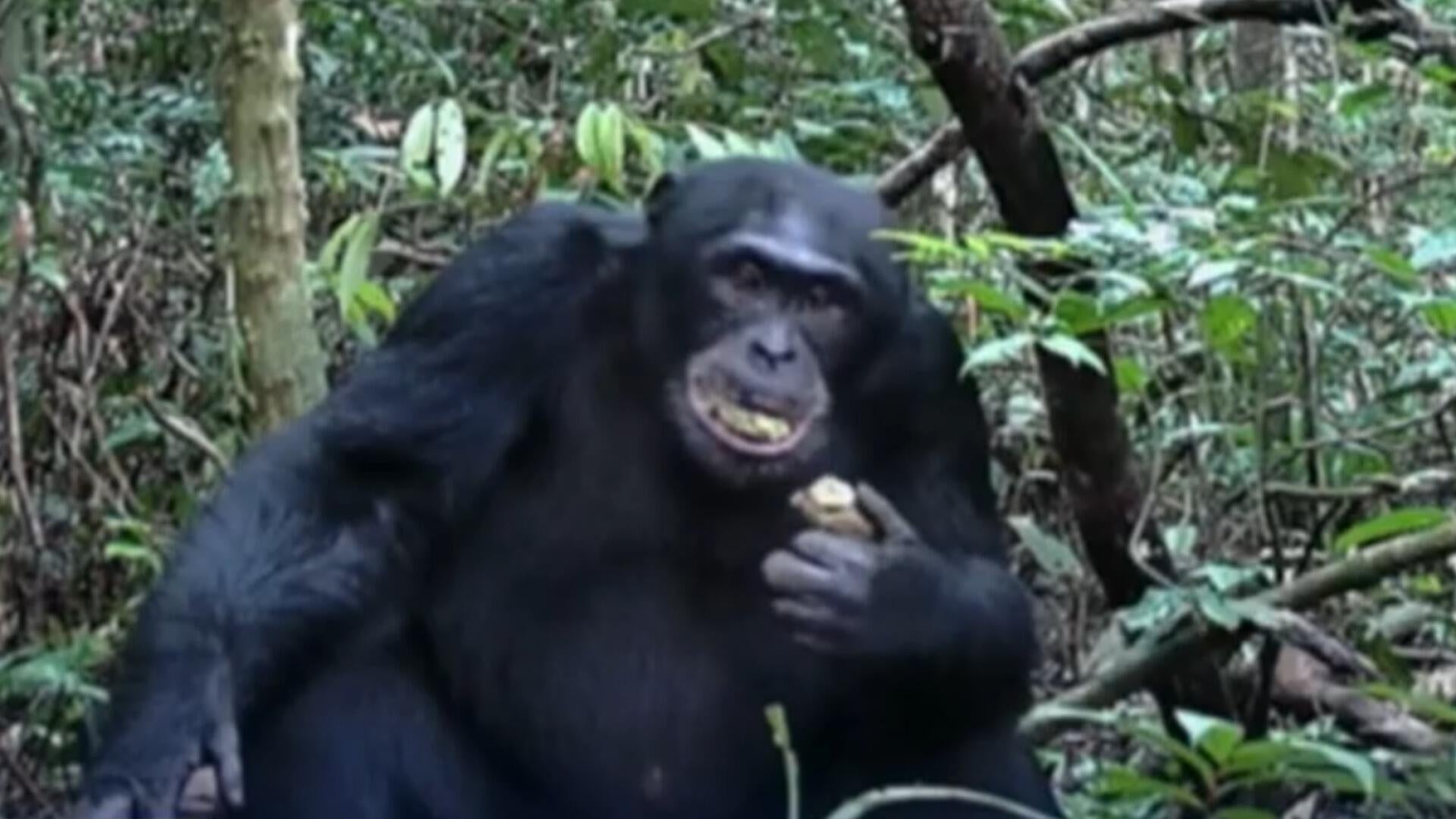
In the lush forests of Uganda and Côte d’Ivoire, chimps regularly indulge in a fruity feast, feasting on naturally fermented fruits. A recent study has revealed that these daily snacks contain an alcohol content equivalent to almost two alcoholic beverages for humans. Researchers from the University of California Berkeley and other institutions meticulously analyzed the fruit consumed by the chimps, specifically figs in Uganda and plum-like fruits in Côte d’Ivoire. This involved overcoming the challenges of limited electricity and high humidity while measuring alcohol levels in tropical fruits across three seasons.
The findings indicated an average alcohol content of about 0.3% by weight in the fruit. While this is similar to the level found in kombucha, the chimps’ consumption of approximately 10 pounds of fruit daily, coupled with their weight, results in an intake of around 14 grams of ethanol. This translates to a human-equivalent of roughly two cocktails. However, the study emphasizes that the chimps do not become visibly intoxicated; rather, they experience a consistent, low-level exposure to alcohol through the natural fermentation process.
This research builds on the “drunken monkey” hypothesis, initially proposed in 2000, by Robert Dudley, a UC Berkeley professor. He suggested that our attraction to alcohol may stem from our ancestors’ fruit-eating habits. The consumption of alcohol, he argued, acts as an “aperitif,” enhancing feeding rates. The phenomenon extends beyond chimpanzees; other animals, including spider monkeys in Panama, slow lorises in Malaysia, and even elephants, have been observed consuming fermented fruits or nectar. The unique aspect of this study lies in its direct measurement of ethanol levels in the fruits consumed by wild chimps and connecting those levels to their daily intake.
The ongoing question focuses on whether chimps are purposefully selecting fruit based on its alcohol content, or simply prioritizing sugar and caloric intake. Regardless, this research highlights a compelling connection between the chimps’ behavior and our own. As Dudley points out, “We inherited the taste for alcohol. Even though our diets have diversified…that bias to consume quickly when this molecule is present could still be a powerful force.”

